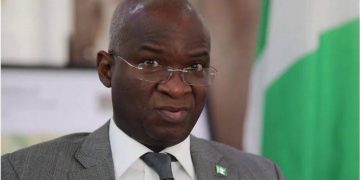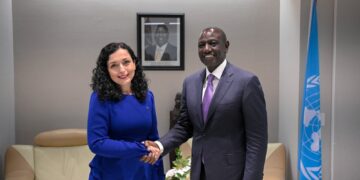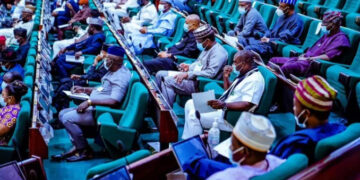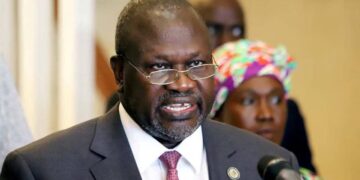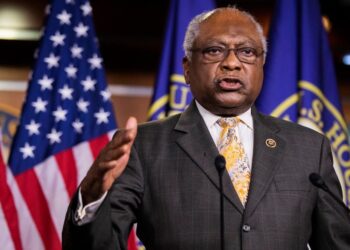By John Ikani
Nigeria’s Minister of Works and Housing, Babatunde Fashola – famed for his exaggerated comments in favour of President Muhammadu Buhari’s administration – has averred that Africa’s most populous country is not broke.
Fashola made the assertion yesterday when he appeared on Channels Televison’s Sunday Politics monitored by Heritage Times (HT) to speak on the state of the nation under the ruling All Progressive Congress APC-led administration.
His comment comes just days after Nigeria’s Minister for Finance Ms. Zainab Ahmed revealed that the nation was facing a disastrous economic crisis as its debt servicing exceeded retained revenue by as much as N310 billion in the first four months of 2022.
According to Ms. Ahmed, the federal government’s total revenue for the period was N1.63 trillion, while debt service gulped N1.94 trillion.
This is the first time the country’s debt service to revenue ratio would hit or exceed 100 per cent.
What Fashola is saying
Interjecting Seun Okinbaloye, the Channels Anchor when he remarked; “We are in a debt crisis at the moment,” Fashola retorted: “Seun, I think you need to understand (sic) with the clip that I saw about the Minister of Finance, she didn’t say that we were in a debt crisis.
“She was talking about the challenges of financing fuel subsidy, and if it was the same thing that I saw recently, in the public conversation when they were presenting a medium-term expenditure framework or something, (sic) the challenges of financing our budget with the maintenance of subsidy. This Nigeria was in a debt crisis (sic), she didn’t say that so don’t import words that I don’t recall hearing.”
Seun pressed on “I ask the question again whether Nigeria is broke” to which Fashola now responded, “I have told you that to the best of my knowledge, Nigeria is not broke being in debt and being able to service your debt in conventional finance is not being broke.”
See the video below.
What you should know
Africa’s most populous country appears to be spending more than it earns. A little over 6 trillion of Nigeria’s 17 trillion naira 2022 budget is to be funded by debt. The bulk of expenditure in the budget is ironically debt servicing and other recurrent expenditures.
What’s more, Nigeria is adding about 3 trillion naira to the budget to finance fuel subsidy, a move that spells more increase in debt for the nation which currently services existing debt with over 100% of generated revenue.
Summarily, Nigeria is borrowing to service existing debt, borrowing to finance fuel subsidy, borrowing to pay salaries and overheads and of course, a tiny portion to finance infrastructure.
In addition to these disastrous trends, the value of the naira is on a free fall, not surprising given that the country is not very productive with a large army of unemployed citizens constituting 33% while the underemployed make up 22.8% of the nation’s population.
It goes without saying that Nigeria is in a very dire financial and economic situation. If the definition of broke (having little or no money) is anything to go by, the nation’s economy is in shreds.
